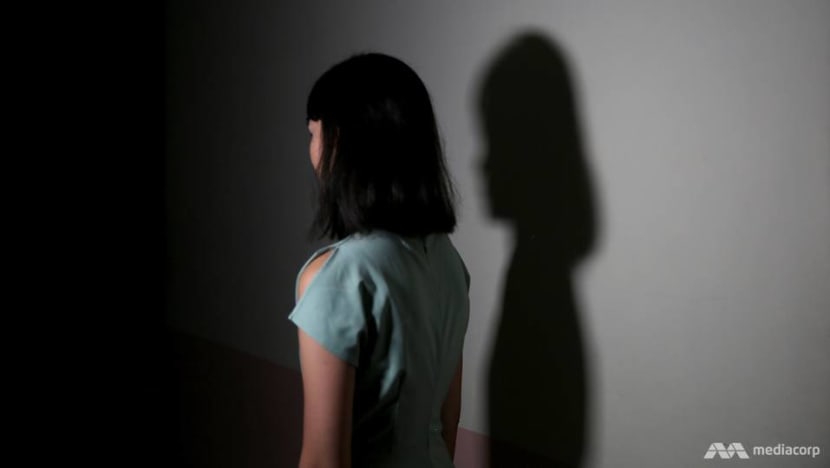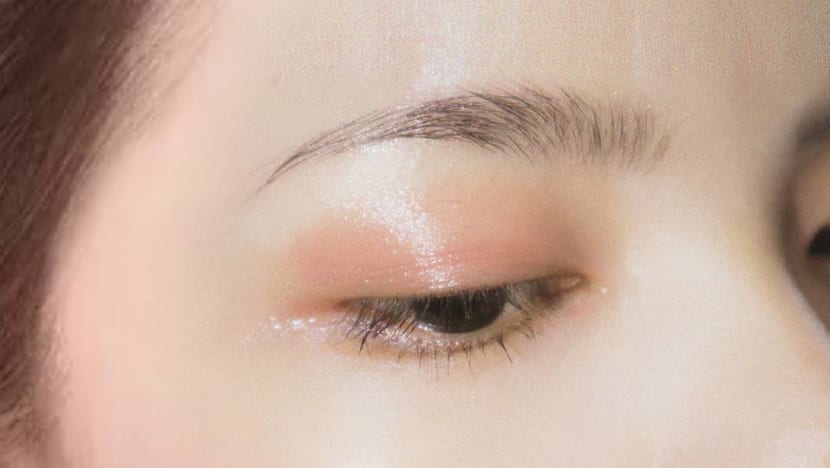Commentary: It is not vanity when you are obsessed about how you look
A little-known mental health condition affects both men and women and can lead to severe consequences, which is why treatment is important, says an IMH psychologist.

(Photo: Pexels/Polina Zimmerman)
SINGAPORE: With the ceaseless bombardment of what is beauty – from skin, hair, clothes and weight – it is no wonder that the global beauty industry is worth US$532 billion (S$706 billion).
But what is an acceptable quest to look and feel good and when does it spill over into something that becomes a serious mental health challenge?
This can be illustrated with the type of clients I see.
I first met with Joseph*, a soft-spoken young man with handsome features just like a Korean celebrity, when he was brought to our hospital’s emergency services after an attempt to end his life.
He had undergone multiple cosmetic surgery procedures overseas but yet would be stuck in front of a mirror for several hours watching the “monster” in the reflection.
Joseph believed that his appearance was so marred by his ugliness that he was unable to interact with other people, and would put his hands over his face to hide. “Unless my parents allow me to go for the cosmetic surgery, there is no meaning to my life,” he had said.
MORE THAN JUST LOOKING GOOD
Body Dysmorphic Disorder (BDD) is a disabling mental health condition characterised by obsessive ideas that one’s own appearance is severely flawed. People with BDD are often perceived by others as being infatuated with vanity or discontented with their physical appearance.
It causes individuals to engage in repetitive or time-consuming behaviours to check, hide, or fix their appearance so as to alleviate distress.
In short, like Joseph, nothing is ever good enough and there are constant feelings of inadequacies.

It is unfortunate that individuals with this condition are believed to be desperately trying to impress others - they seek validation and hope for flattering comments about their own physical appeal. This lack of understanding of the condition may create feelings of shame on the part of BDD sufferers about disclosing their symptoms to other people or seeking help.
READ: IN FOCUS: The challenges young people face in seeking mental health help
BDD is estimated to affect about 2 per cent of adolescents and adults worldwide, and this figure may be underreported. At present, there has been no full-scale study of the disorder in Singapore, but a preliminary study by the National University of Singapore suggests a similar proportion here.
It should be noted, however, that not everyone who seeks cosmetic surgery suffers from BDD.
Although the exact causes of BDD are debatable, studies suggest a combination of different factors, including environmental and biological reasons.
The condition seems to develop in people who are extremely self-conscious and self-focused, who may have been teased or bullied in their childhood or adolescent years and who were unable to overcome it then.
Sociocultural factors such as the emphasis on looking attractive and possibly certain personality traits – for example, perfectionism - may also play a role, with neuroscience research pointing to differences in brain function relating to the processing of visual and perceptual information in them.
To put it simply, people with BDD tend to over-focus on details, but are not able to process visual information in a holistic manner or to see the big picture.
CHARACTERISTICS AND CONSEQUENCES
Typically, the onset of the disorder starts in adolescence, before the age of 18. BDD can affect both men and women, although about 40 per cent of sufferers are men and 60 per cent women.
Women tend to report more severe symptoms, and usually have more areas of concern, such as skin imperfections and hair or facial features. Men are often more preoccupied with their build or muscle tone.
However, few people with BDD in Singapore seek help because many are unaware of the disorder and most sufferers tend to have limited insight into their condition, and think of it as a physical problem.
READ: Commentary: Will you hire and retain persons with mental health conditions?
Because of the belief that their issues are physical in nature, it is unfortunate that most people tend to consult aesthetic practitioners rather than mental health professionals.
Without treatment, BDD can cause substantial impairment in psychosocial functioning, and its impact can leave those who have the condition in severe emotional distress. Evidence from global studies has found that 70 per cent of people with BDD suffer from co-morbid depression.
Turning frequently to cosmetic surgery to find a quick fix solution to their problem, BDD sufferers either camouflage a perceived defect or try to achieve an unrealistic ideal. Many still feel dissatisfied after multiple cosmetic interventions and this can lead to their social isolation.
READ: Commentary: It will be a waste if parents don’t keep flexible work arrangements
All these factors may accentuate anxieties, exacerbating the symptoms of their BDD, along with feelings of anger, despair and hopelessness. Many end up loathing themselves for being so vain and self-obsessed.
More than 60 per cent have reported having suicidal thoughts, and around 24 per cent to 28 per cent of cases have attempted suicide.

In the case of Tammie*, she hated how her eyebrows looked and would spend hours on her eyebrows each day - drawing, then wiping them off and redrawing them again. When they did not look symmetrical or the right shape, she would burst into tears of frustration and continue her attempt to “perfect” the shape of her eyebrows.
As she felt ugly, hideous and alienated, she did not want to leave her room or be seen by anyone, even her own family. As a result of this, she had trouble going to classes and stopped hanging out with her friends. She became socially isolated and depressed.
BDD affects not just the person, but their family or friends as well. Families who have loved ones with BDD may find themselves burdened financially and psychologically when caring for them.
READ: Commentary: There is rarely a right time to talk about your mental health when you’re dating – but do it anyway
They may end up paying for their cosmetic procedures, feel paralysed to help as their loved ones refuse psychological treatment, or even change their family’s way of doing things so as to accommodate the person’s worries.
It can be excruciating for family members to witness their loved ones suffering from this condition. Family members may experience emotions ranging from fear, to anger, to sadness and profound frustration.
Some families may also have to deal with their loved ones’ frequently aggressive behaviour, fuelled by an inability to fix their perceived defects or, as they imagine, the sense of rejection by their friends or other people.
IT WILL NOT GO AWAY BUT CAN BE MANAGED
The support and understanding of family members and friends, and the willingness of the person to seek help as early as possible, are both critical for better outcomes.
One of the evidence-based treatments for BDD is cognitive-behavioural therapy (CBT) – a form of therapy that challenges patients to reframe their unhelpful, negative thoughts about their appearance.
It also teaches them to refrain from repetitive compulsive behaviours, and encourages them to face their feared situations in a gradual manner.
Through the use of mirrors, patients are also trained to see their entire body rather than just focusing on the disliked details, and to describe themselves in non-judgemental ways.
Family education and involvement is highly beneficial, not only for the patient’s recovery but also for the family’s functioning as a whole.
Tammie’s family was able to express their concerns to her and give her their support in encouraging her to seek help, after they saw a negative change in behaviour at home and in school.
Besides receiving support and encouragement in the recovery process, the person's motivation to change is equally important too. BDD is unlikely to go away by itself. However, with treatment and the right support, the condition can be managed and even improve.
* Pseudonyms have been used to protect the identities of people mentioned in this commentary.
Dr Jackki Yim is a Senior Clinical Psychologist at the Department of Psychology in the Institute of Mental Health.














